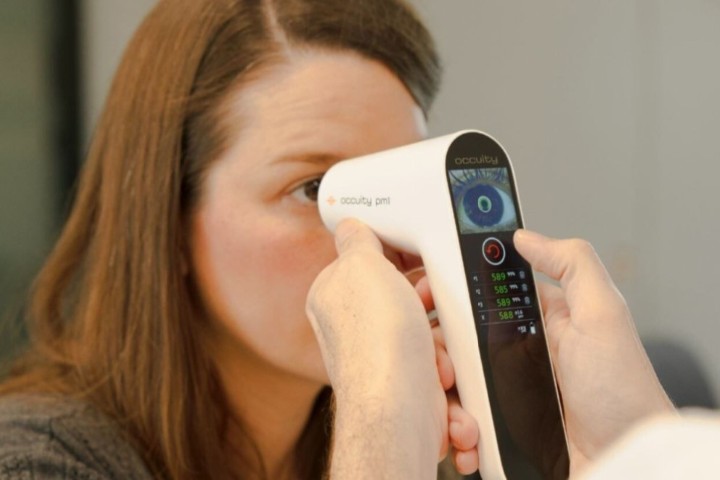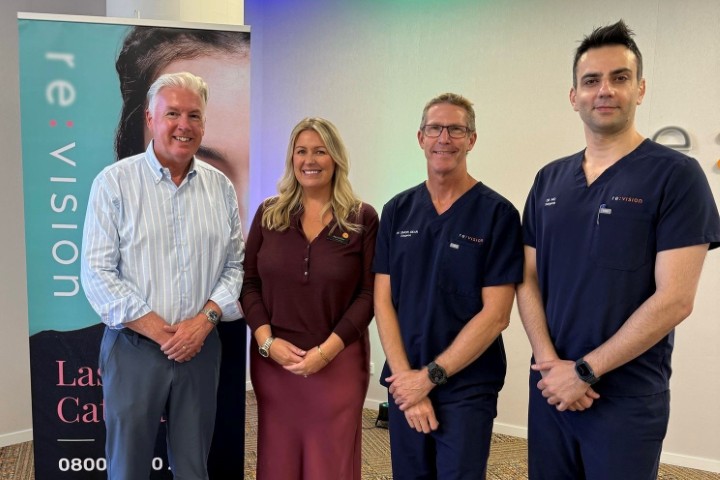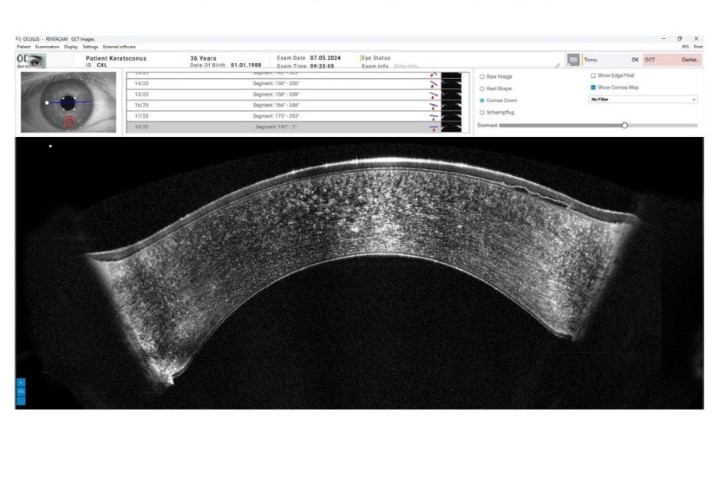Calcium okay for AMD?
An NIH study has found there is no evidence that calcium increases the risk of age-related macular degeneration (AMD).
The findings contradict an earlier study indicating that high levels of calcium were associated with increased prevalence of AMD, but they are consistent with another suggesting that calcium has a protective role in AMD, said the United States’ National Eye Institute (NEI), which is part of the National Institutes of Health (NIH).
“Although the findings suggest that high calcium intake may be protective, the jury is still out on whether people should alter their calcium intake to prevent the onset or progression of AMD,” said deputy clinical director at NEI and the study’s lead author, Dr Emily Chew. She added there was no need to change the management of calcium intake for individuals who are already taking calcium for other medical indications.
An estimated 50% of men and 65% of women in the United States regularly use calcium supplements. Recommended daily amounts of calcium are 1,000 mg for adults 50 and younger and 1,200 mg for those older than 50.
Chew and colleagues analysed data from a previous investigation, the Age-Related Eye Disease Study (AREDS), investigating the relationship between calcium intake by diet and/or supplements and AMD onset or progression.
The team looked retrospectively at 4,751 AREDS participants who had been followed for an average of 10 years. Self-reports of calcium intake were collected using a questionnaire. At baseline, participants had no AMD, intermediate AMD (large deposits known as drusen in the retina of both eyes), or late-stage AMD in one eye.
As participants got older, researchers said, an association between calcium intake and AMD risk reduction emerged: people with the highest intake of calcium from dietary or supplement sources had a lower risk of developing late-stage AMD compared with those in the lowest calcium intake groups.
Chew emphasised that this suggestion of a benefit from calcium could be due to confounding factors. For example, people who are mindful to maximise their calcium intake may be more likely to also eat a healthy diet, exercise and take prescribed medications – all of which could also lower AMD risk.
Most importantly, she said, the findings underscore the need for prospective investigations to resolve the issue of whether calcium is protective against AMD, and whether calcium intake impacts the development of drusen or the different subtypes of AMD.


























